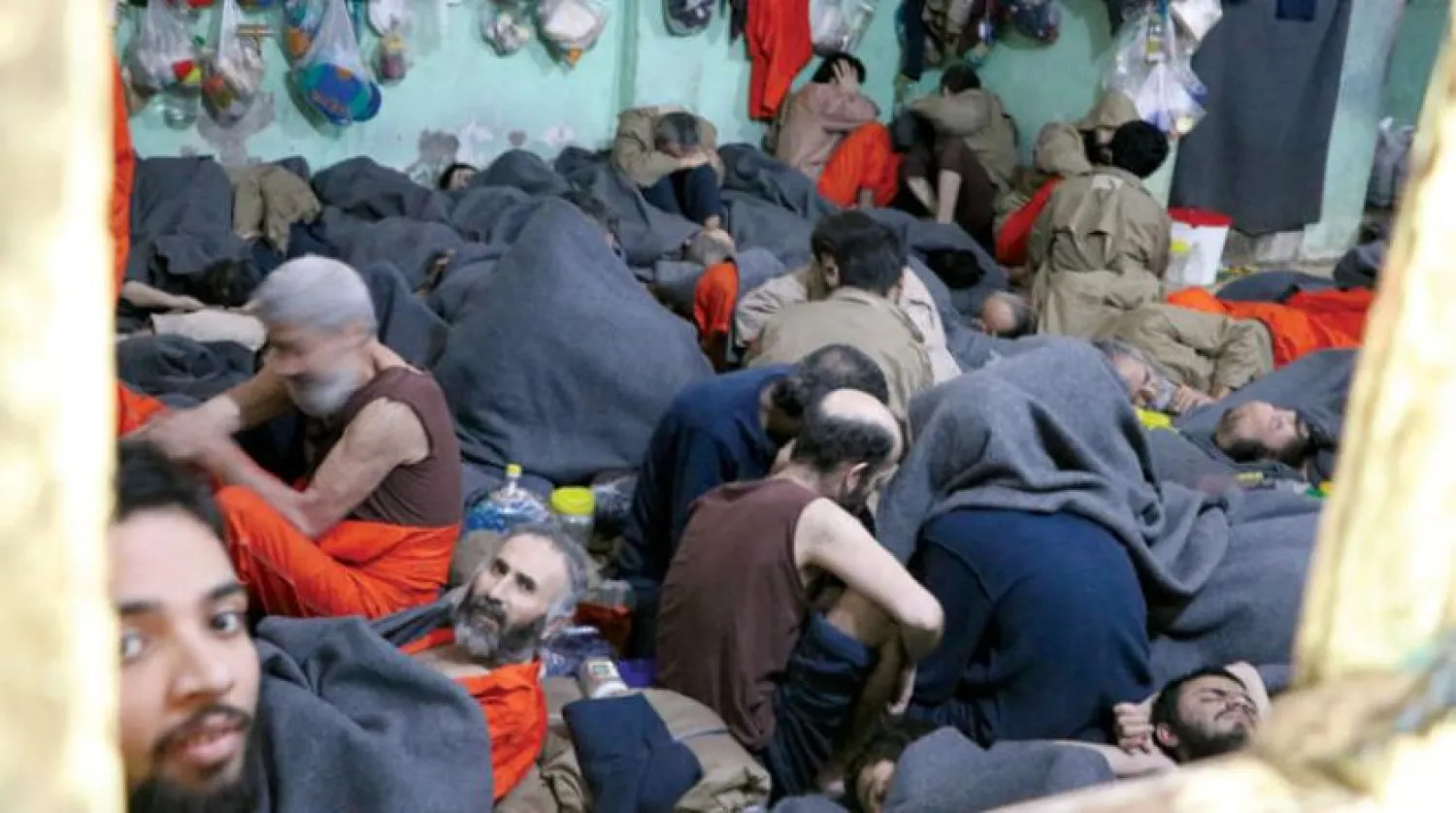Sources in Damascus reported that a US base in northeastern Syria was bombed with five rockets at a time when a fierce campaign is being led against US economic aid being given to the Autonomous Administration of North and East Syria.
The Kharab al-Jir military base used by US forces in the Hasaka Governorate in northeastern Syria was targeted by rockets, reported the Syrian state news agency SANA.
According to the report, five rockets were fired at the base. No casualties have been reported.
The sources explained that “immediately after the targeting of the base, the area witnessed an intense flight of helicopters and warplanes belonging to US forces.”
According to SANA, US bases in the Al-Omar oil and Konico gas fields in the eastern countryside of Deir Ezzor and Kharab Al-Jir in the Hasaka countryside have been subjected to several missile attacks during the past two months.
“US forces removed a military convoy of 110 vehicles from their base at Kharab al-Jir airbase in the Hasaka countryside to northern Iraq through the illegal Al-Waleed crossing,” added SANA.
Meanwhile, laboratory analysis at the Ministry of Agriculture and Agrarian Reform have proven the invalidity of the Turkish-origin wheat seeds, which have been provided by the US forces through the so-called US Agency for International Development “USAID” to the farmers in several areas in the Qamishli countryside.
“The Agriculture and Agrarian Reform Directorate in Hasaka province sent a sample of the wheat seeds provided by the American occupation to the laboratories of the Ministry of Agriculture, and it was found that they are not suitable for cultivation,” Head of the Directorate Eng. Said Hajji said in a statement to SANA.
He warned farmers in the Qamishli countryside and the region against using these seeds, calling to destroy them and not plant them because the damage they cause will last for years and put the agricultural lands out of investment.









